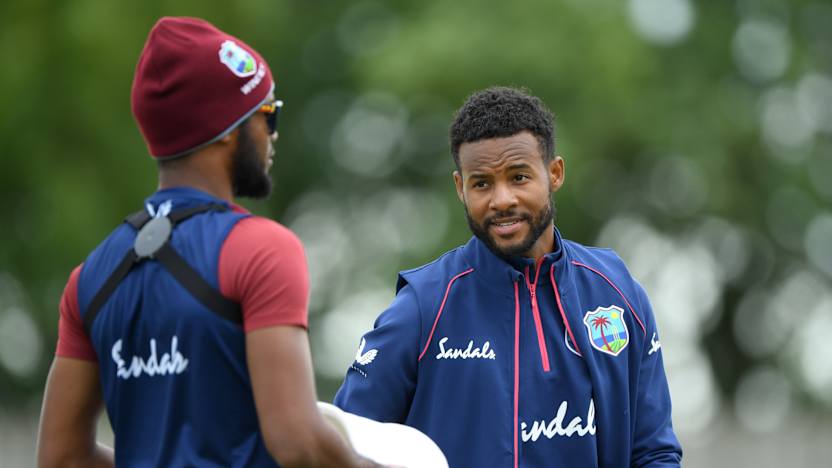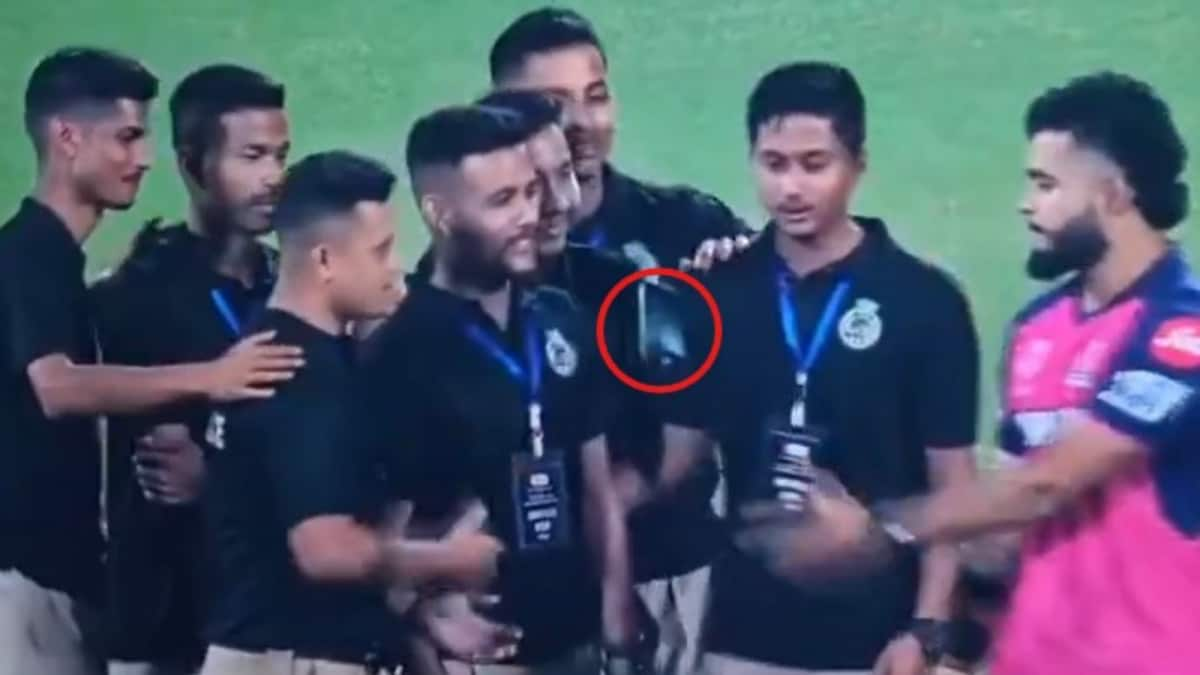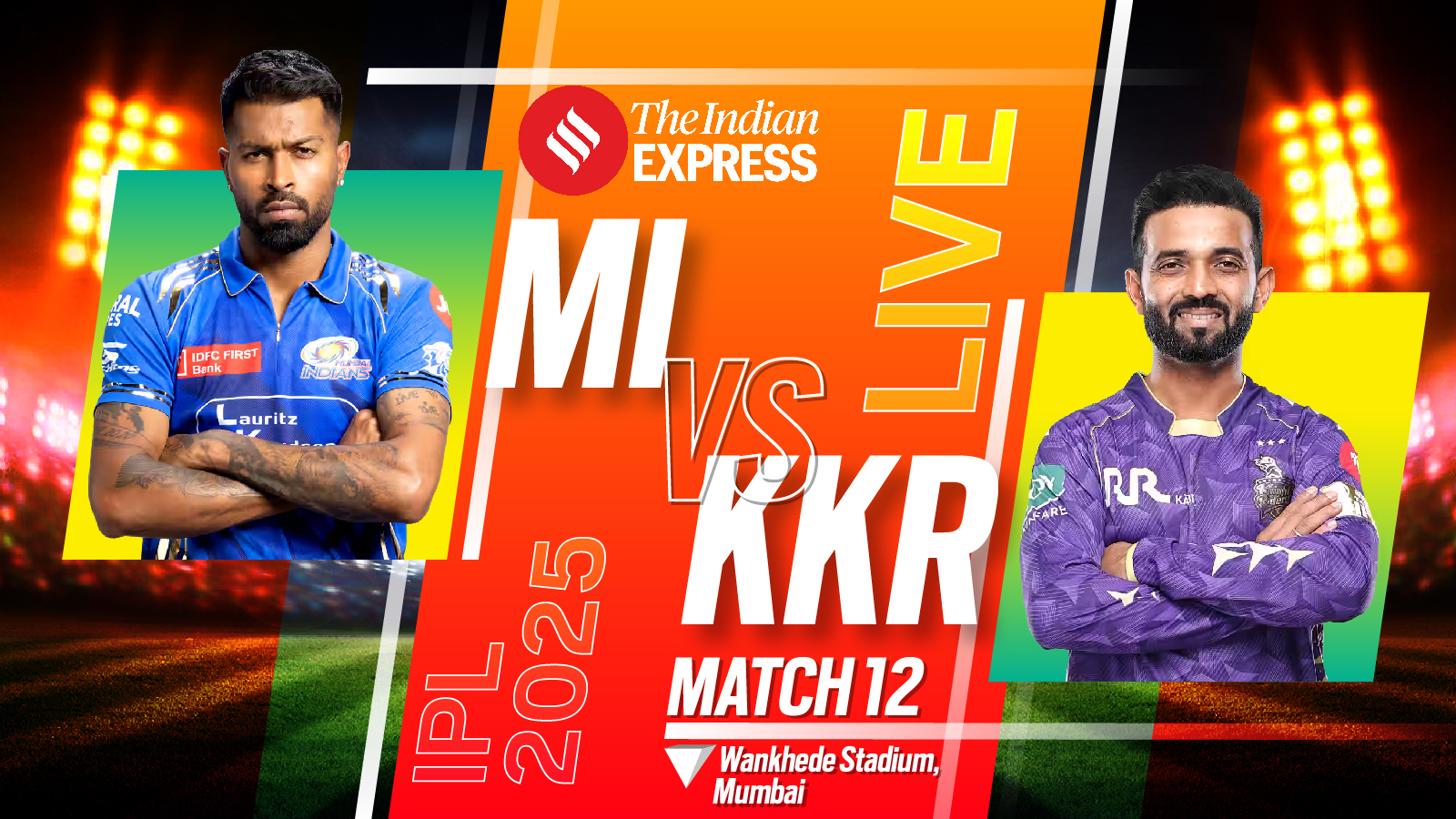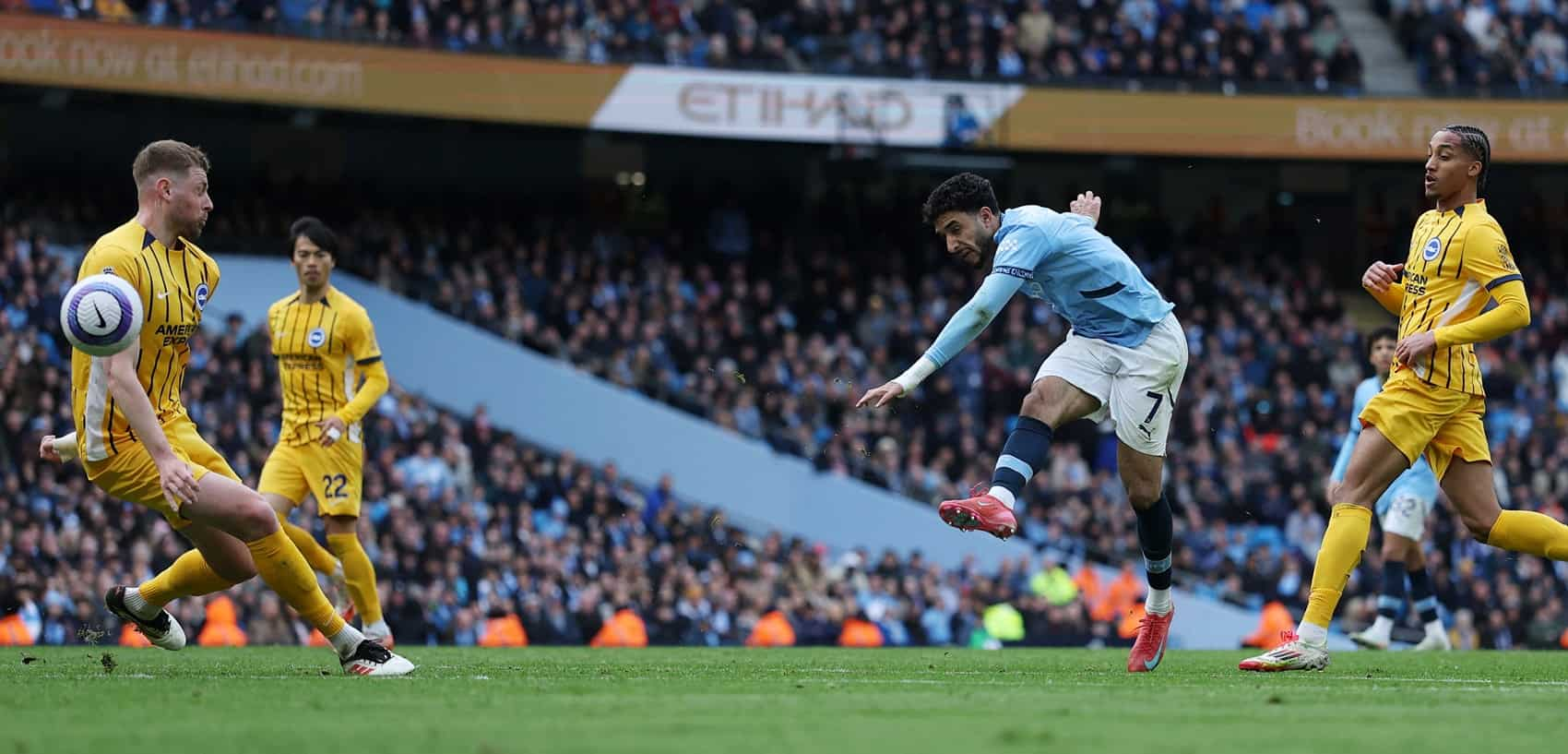The match that changed cricket forever

Every India-Pakistan match makes a lot of noise, but the reverberations of this one can still be felt todayIndia vs Pakistan, T20 World Cup final, Johannesburg, 2007India won by five runsBecause the future is always unknown, the significance of the present sometimes comes to light in retrospect and it can happen that you are oblivious to history unfolding right before your eyes.Don't get me wrong. The stage was set for a corker. It was the first final of a brand-new world event. It was the first time India and Pakistan, world cricket's most visceral rivals, were meeting in a final. India hadn't won a World Cup since 1983, Pakistan since 1992. And their league match in Durban had already been a see-sawing thriller. At the Bullring on that final day you could feel the charge, anticipation and the bubbling of nervous energy.But because our eyes were untrained and senses unaccustomed to the rhythms and the structure of the format and its ability to rouse mass imagination, it wasn't possible to fully grasp the flow and the underlying tactics, planned or made in the moment, that would make T20 the most strategy-driven version of cricket.The first match between these two teams had already yielded a tiebreaker in the form of a bowl-out, which India won through street-smart acumen. While Pakistan rolled out their top bowlers to take aim at the unguarded stumps, MS Dhoni's line-up included Virender Sehwag and Robin Uthappa, alongside Harbhajan Singh.The final would be a last-over humdinger too, providing the tensest finish in an ICC title event after yo-yoing the whole course. An unfamiliar opener in Yusuf Pathan got India flying off the blocks, and even though they were pegged back by a couple wickets, they would have sighted 170 after reaching 100 in 13.1 overs, but a double strike from Umar Gul, who accounted for Yuvraj Singh and Dhoni, set them back again. It was a young Rohit Sharma, doing what he does at the top of the innings now (30 off 16), who got them to 157. The innings was held together, just like it would be in the ODI World Cup final in 2011, by the industry and enterprise of Gautam Gambhir.Despite losing a wicket in the first over, Pakistan were turbo-charged to 53 for 2 by Imran Nazir (33 off 14) in the sixth over, but appeared in tatters at 77 for 6, and seemingly out of the match at 104 for 7.India arrived home to a rousing reception from fans in Mumbai Shriya Patil / © India Today Group/Getty ImagesIn so many ways this match would reveal things that we would know to be true of the T20 game in the coming years: A T20 match is never won until it is won. The game could swing in the course of an over. And it wasn't always the best ball or best bowler, as we knew them then, that made the biggest impact.So then. Thirty-four runs in the 17th and 18th overs reduced the target down to 20 off 12 balls and, eventually, 13 off the last six. It brought into centre stage two characters who had been marginal when the tournament began. However Misbah-ul-Haq had nearly won Pakistan their previous encounter with India, and Dhoni had already trusted Joginder Sharma's utility slow medium to close out the semi-final against Australia. There was the option of bowling Harbhajan, but Misbah had carted him for three sixes in his previous over. Compulsion or inspiration, Joginder, seven matches old, found himself tasked with the job of winning India their first title in 24 years.First ball a wide, so wide in fact that it barely landed on the pitch; second ball a swipe and miss; third, a full toss deposited for six down the ground, and now only six needed off four. Can be done in one ball or three. Misbah isn't taking it down to the wire, but chooses a shot that will stay enshrined as one of most profound tragicomic moments in the game's history.Misbah had pulled off the scoop - a stroke that would become commonplace in the coming years - in the last chase against India, but here, when all depended on it, he dragged the ball from further wide and sent it limply in the air. And when the ball settled in the hands of Sreesanth, who as Uthappa would recall, had a depth-perception challenge, India were champions in a moment.No one present would have known in the abruptness of that moment that everything had changed.Even the players hadn't realised the enormity of what their win meant till they landed home to a reception never seen or imagined before. And then the IPL happened.Sambit Bal is editor-in-chief of ESPNcricinfo @sambitbal© ESPN Sports Media Ltd.










